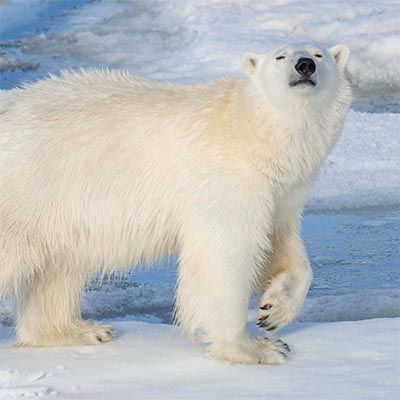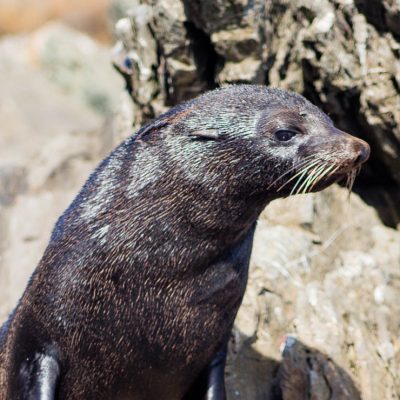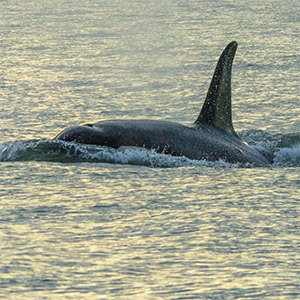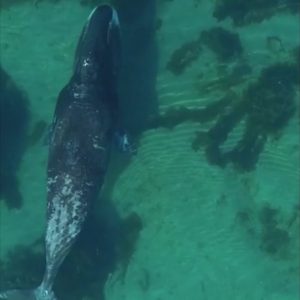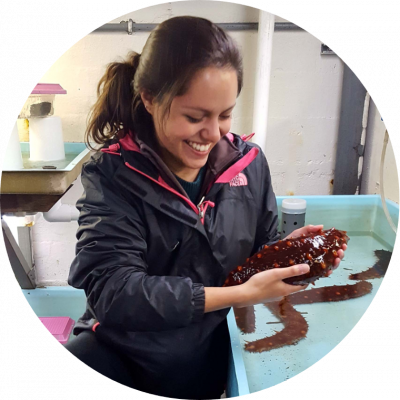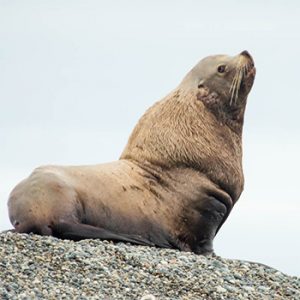Ecologists and mental health researchers unite to improve patient care, save wild animals using Fitbit-like devices
Narwhals, sharks, and polar bears can help medical professionals improve care for patients with mental health struggles – and patients with conditions such as depression and bipolar disorder can offer insights that will help the conservation of many wild animals.
Sea lions and walruses in managed care reveal how wild animals handle environmental disturbance
Knowledge about resting metabolic rates or energy expenditures can lead to big, meaningful changes for the conservation of wild animals.
Guadalupe fur seals continue to recover as new colony discovered
New colony of Guadalupe fur seals discovered on El Farallón de San Ignacio Island, Gulf of California
Orca Quest 2020: In Search of Killer Whales
In August 2020, Marine Mammal Research Unit (MMRU) researchers set sail to determine whether there are enough chinook salmon to support southern resident killer whales in the Salish Sea.
Research into bowhead whales finds unique foraging behaviour
Understanding the needs of bowheads is a crucial first step taken to learn how they will respond to climate change.
STUDENT PROFILE: Ana Pozas
Focusing her research on the diets of California sea lions, Pozas enjoys working with the ‘dogs of the sea’, proving that the “ocean is not such a scary place and that there’s so much to learn still.”
SPOTLIGHT: Marine Mammal Energetics and Nutrition Lab carries on with research despite COVID-19 setbacks
“It just means we have to be creative to keep research going,” said David Rosen, assistant professor and principal investigator
New footage gives whale’s-eye view of northern and southern resident orcas
UBC and Hakai Institute researchers have just returned from a 30-day research trip in the northern and southern waters of Vancouver Island, where they gathered stunning new aerial and underwater footage of northern and southern resident killer whales that offers an unparalleled glimpse into the underwater lives of these whales. The research is part of […]
Swimming with the pod
For the past two weeks, Marine Mammal Research Unit (MMRU) researchers led by Dr. Andrew
Trites have been studying the feeding behaviours of northern resident killer whales.
Q&A with MSc student Zachary Sherker
Zachary is researching Pacific great blue herons in B.C., which prey on young salmon smolts migrating out of rivers, potentially limiting the salmon available for killer whales in the ocean.
